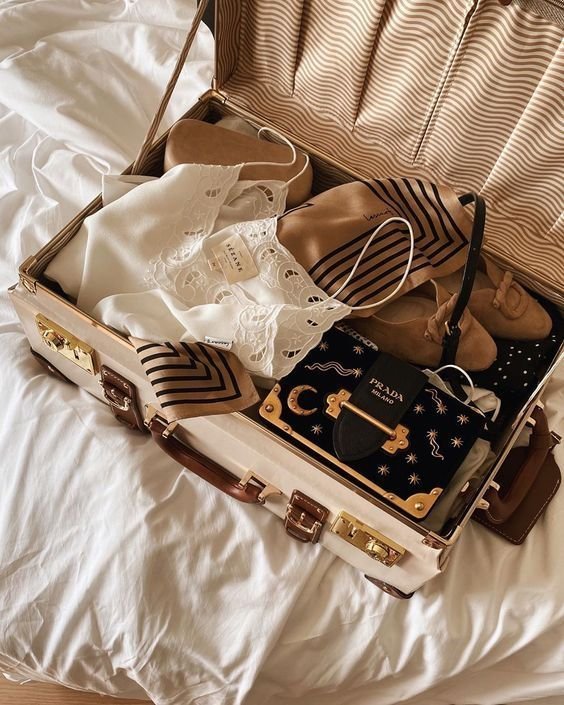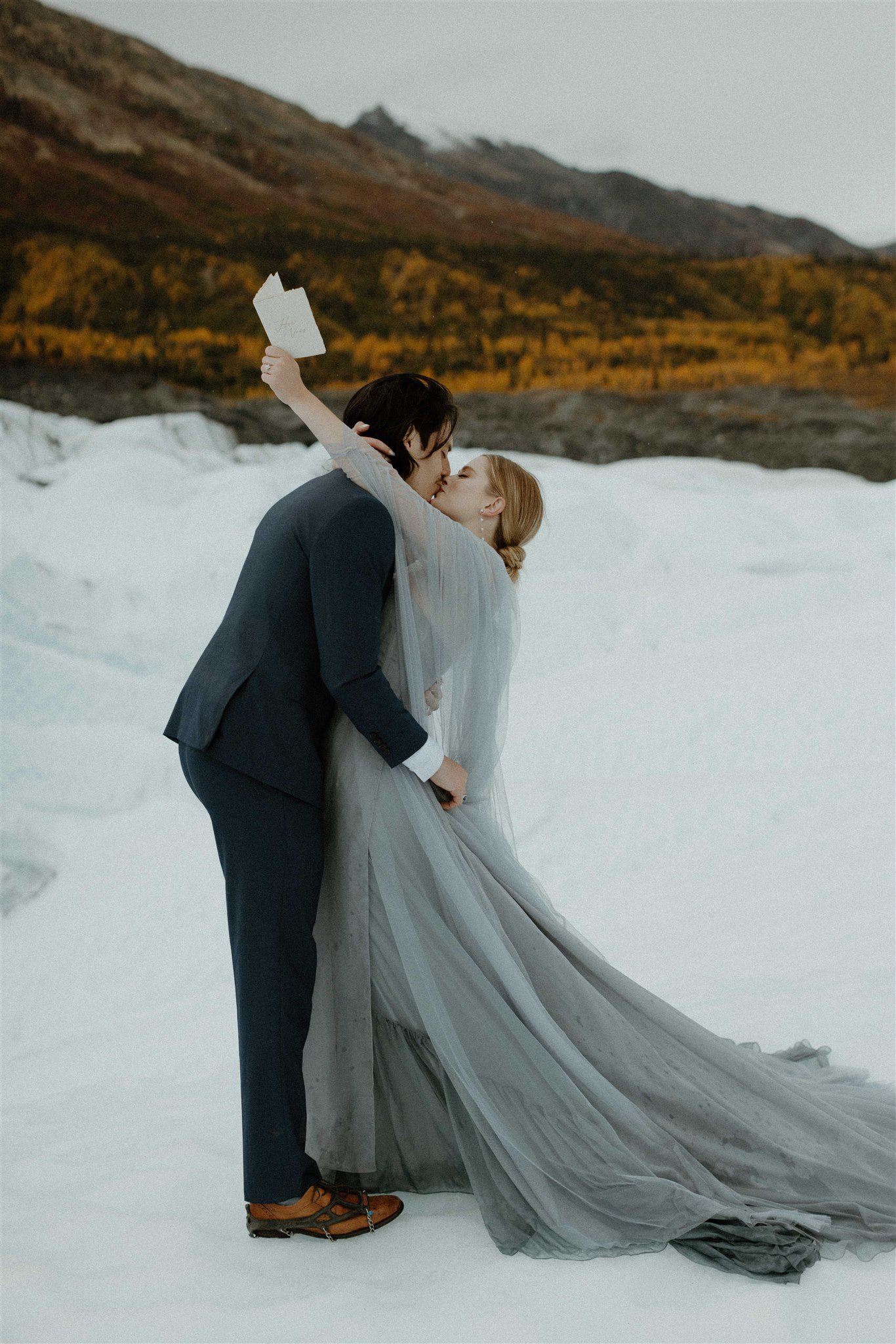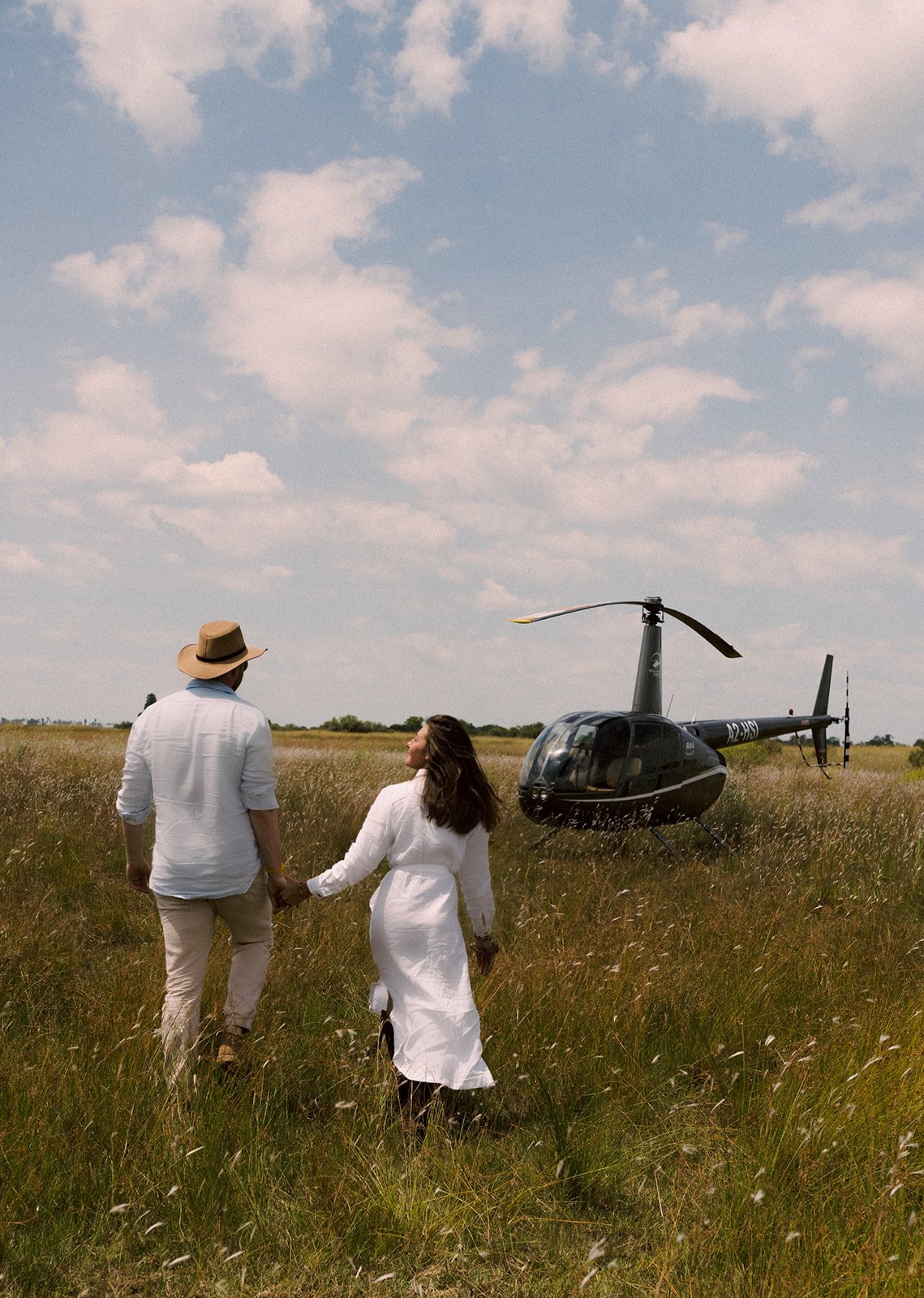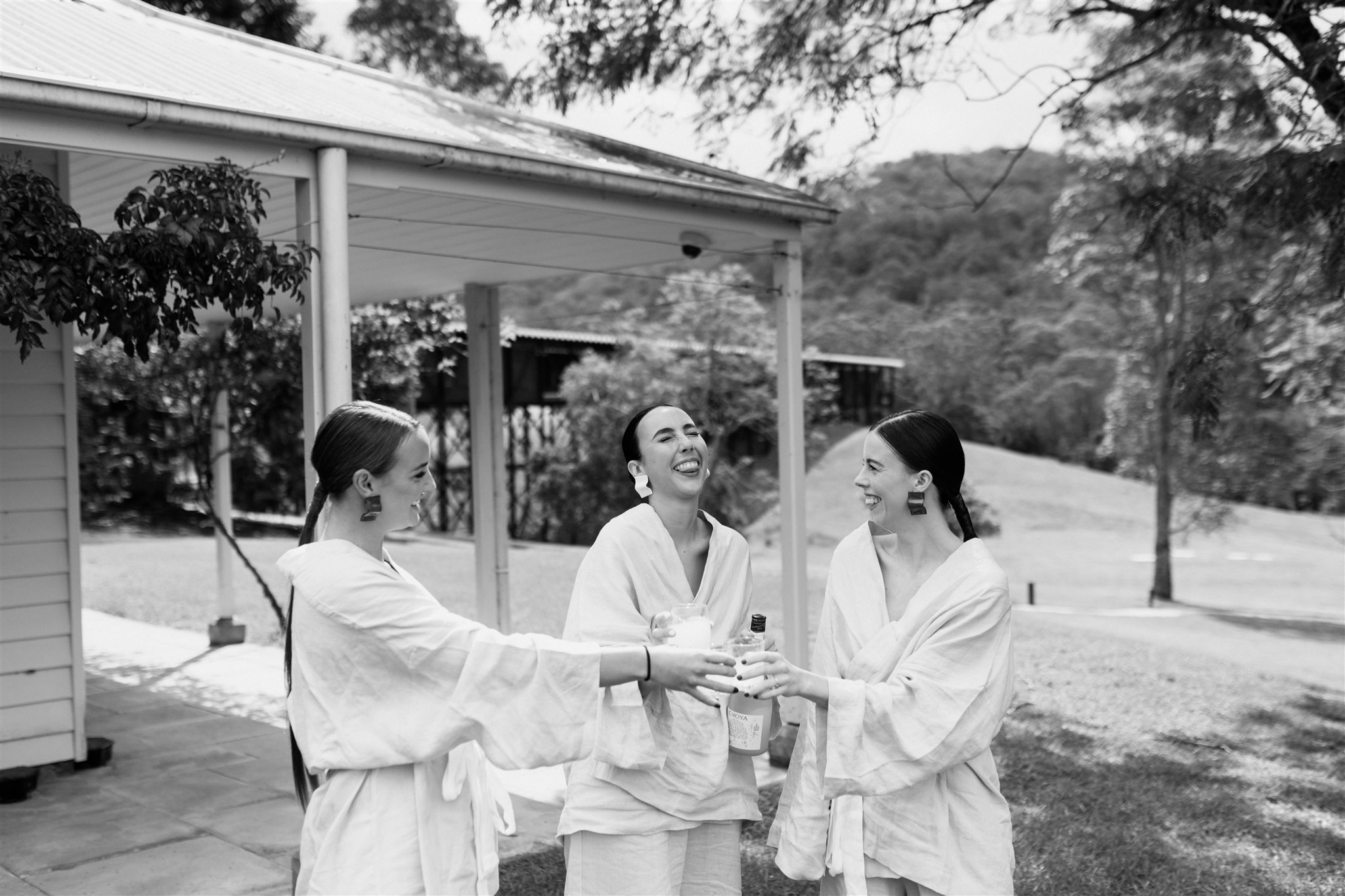
Gear up for the trip of a lifetime.
If you’ve been together long enough to get married, chances are your honeymoon won’t be your first trip as a couple. But if the stakes somehow seem higher than with your previous vacations, you’re not imagining things.
MEET THE EXPERT
Alexandra Stocktonis a luxury travel and honeymoon consultant. She is based in Knoxville, Tennessee.
The key to making sure your first getaway as a married couple is one you always remember fondly is simply said, but requires forethought: You must plan in advance. Well in advance. But, by hitting a few key milestones and heeding Stockton’s ace advice on determining the best time and place for you to embark, the journey will be infinitely more joyful than it is stress-inducing.
Read on for everything to know about when and how to plan a honeymoon.
When to Start Planning Your Honeymoon
For many couples, the honeymoon is a well-deserved reward at the end of the marathon that is wedding planning. So while it can seem a little outrageous to start planning your trip around the same time you start planning your nuptials, that’s exactly what you’ll want to do—especially if you’re not sure where you want to go. Start planning your honeymoon eight to 12 months in advance in order to allow ample time for settling on a destination, booking travel and accommodations, and, if you’ll be using a travel agent, ensuring you can get on their schedule.

If the whole world is up for grabs, opt for a destination neither of you have been to that offers activities you both enjoy. If your goal is to truly kick back, Stockton’s favorite beach destinations are Cayo Espanto in Belize, Guana Island in the British Virgin Islands, and Como Parrot Cay in Turks and Caicos. Adrenaline junkies should look into Costa Rica, Patagonia, New Zealand, or even a small-ship adventure cruise to Antarctica. Those who don’t mind being constantly on the go might consider touring Japan or safari-hopping in Africa with a final stop in Rwanda, where you’ll trek through mountains to see gorillas in the wild.
Wherever you roam, you’ll want to make sure your dates work for your destination. Many coastal European hotels and restaurants are closed during the off-season, so traveling there in February or March wouldn’t make sense. Australia and other destinations in the Southern Hemisphere have opposite seasons from the U.S., so to get their summer you need to travel during North America’s winter. It’s also important to avoid monsoon seasons in tropical locales such as Costa Rica and to be aware of other important annual events that may impact your trip.

Thinking about a multi-destination honeymoon?
Stockton recommends sticking around for at least three nights in each location and ordering your stops in a way that will maximize enjoyment. “If you’re leaving right after the wedding, I recommend a relaxing start, but if you’re traveling long after it might make more sense to jump straight into the action,” she adds. “Regardless of how your trip begins, end somewhere you can relax and recharge before heading home.”
Finally, it’s always helpful to know when peak season hits for your desired destination. Peak season often means the best weather, but you’ll also be dealing with larger crowds and higher prices. Here are peak seasons for a few popular honeymoon destinations:
Western Europe: With so many types of destinations, Western Europe is a year-round destination. The peak season for coastal destinations runs from mid-May through October, and there are plenty of places with Christmas markets and amazing skiing that can be fun to visit in fall and winter.
Hawaii: The island chain is a desirable destination year-round, but the peak months are mid-December through April when it’s colder on the U.S. mainland. Consider booking during a shoulder season for lower prices.
Southeast Asia: Per Stockton, the cool and dry season in Thailand runs from November through April, and the high season in Vietnam hits around the same time frame.
Australia and New Zealand: December through February is their summer, which is peak season. For that reason, many visitors choose shoulder months like March, April, and May (fall for them) or September through November (spring).
Southern Africa: High season runs November through March (their summer), but April through September still offers great wildlife viewing in Kruger National Park.
When to Book Accommodations and Travel
As the wedding industry is undergoing a boom, so is the travel industry. “After the past few years, there is such a high demand for travel that I recommend getting your trip booked as soon as possible,” says Stockton. For international summer hot spots such as Santorini or the Amalfi Coast, that means at least six months out, while safaris and yacht or sailing charters should be booked eight to 12 months in advance. Domestic destinations with well-established tourism infrastructures and lots of accommodation options (think: Napa Valley, Savannah, New England) allow a little more leeway, but you’ll still want to book at least five to six months out to guarantee a great room during peak season.

“The most affordable rooms and specialty suites—rooms with private plunge pools, etc.—are the first to sell out, so booking early helps avoid disappointment,” Stockton goes on to say. Thankfully, hotels generally release pricing and availability 8 to 12 months in advance, and flights are released around 10 months out, so you’ll have ample time. That said, if you intend to use credit card points on flights, you’ll want to book as soon as the option opens up—sometimes a year in advance—as airlines often limit the number of awards tickets available per flight.
“Booking early is especially important if you don’t have much flexibility with your travel dates and/or budget,” Stockton adds. “Prices are continuing to rise as airlines, hotels, and tour companies look to recoup money lost in 2020 and 2021, so the days of last-minute travel deals are largely gone.”
Booking Tips

Know you don’t have to leave right away.
Tradition used to dictate that couples left for their honeymoon the day after the wedding, which meant that when they honeymooned was explicitly tied to when they married. These days, however, many couples are dealing with busy schedules full of work and other friends’ weddings, and the options for where to honeymoon have greatly expanded. So if a different season makes more sense for your dream destination, don’t worry about waiting until several months after your wedding to head out on the trip. “After the wedding, you’re on such a high,” says Stockton. “Delaying the honeymoon gives you something else to look forward to when you come down from Cloud Nine.”
If you do plan to leave right away, Stockton recommends waiting at least one to two days after the wedding to depart. “Having to catch a 9 a.m. flight when you’ve been dancing all night can be tough,” she says. “Before I started my travel business I was a wedding planner, and I have seen many couples miss flights the morning after their wedding.”
Be flexible with your dates and destination.
“There is a lot of lore around scoring the best flight and hotel deals, but ultimately the best way to save money is to be flexible with your travel dates and destination,” says Stockton. Traveling during shoulder seasons—the months before and after a destination’s peak season—opens up more possibilities in terms of accommodations, and choosing a more up-and-coming locale (like, say, Mallorca or Bodrum instead of the Amalfi Coast) often gets you more bang for your buck.
If budget allows, invest in a travel agent.
The immediate benefit of a travel agent is obvious: they’ll help you pick the best honeymoon destination for your budget and craft an itinerary of great accommodations and activities that would take you weeks to research and book on your own. They also come in handy for less obvious reasons.

While old movies might have you believing otherwise, telling a gate agent or front desk associate that it’s your honeymoon will most likely not score you a spur-of-the-moment upgrade. Bumps to business class are mostly reserved for passengers with status on that airline, and hotels often use an internal hierarchy to determine who gets perks first. At the top of that pyramid, though, are the clients of travel agents. “We have relationships with the hotel teams, and we foster those relationships to make sure our clients are treated as VIPS and are the first in line to receive upgrades,” says Stockton.
The built-in, often on-call support can also be a total lifesaver in emergency situations. “If you miss a flight or test positive for COVID in another country you’ll be thankful you have a travel advisor handling the logistics for you,” she adds.







